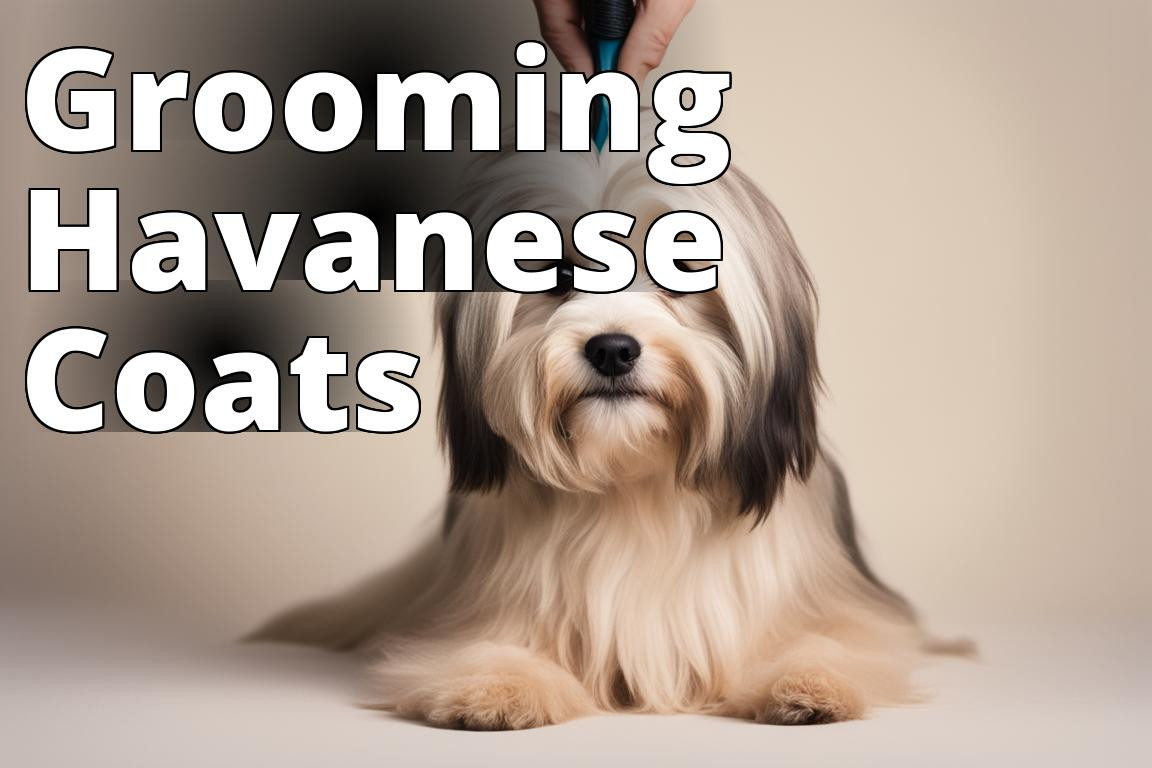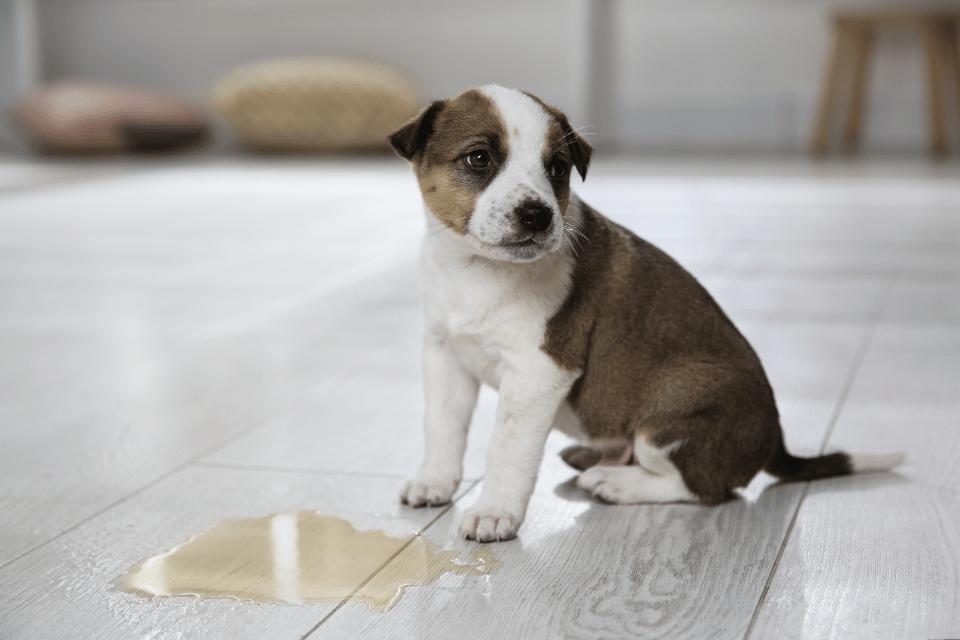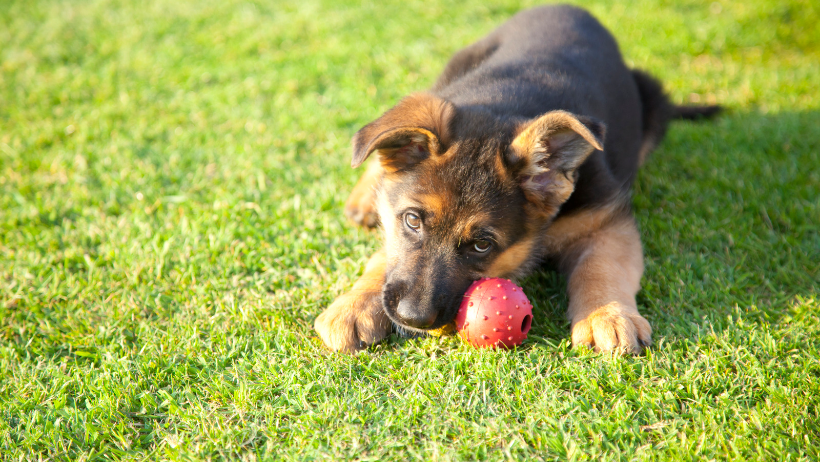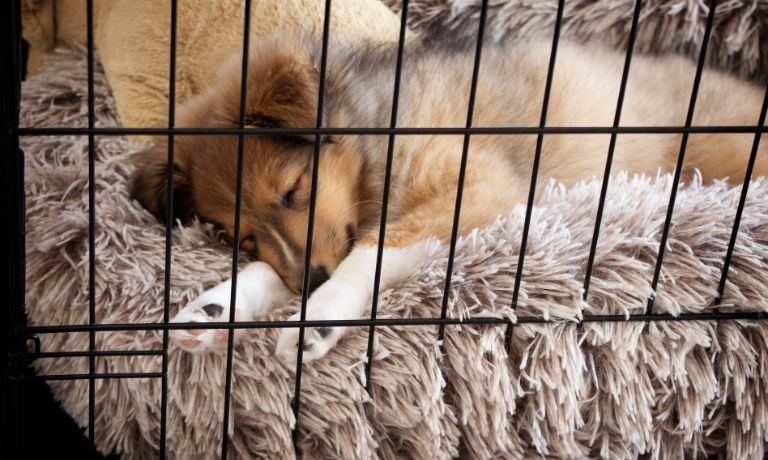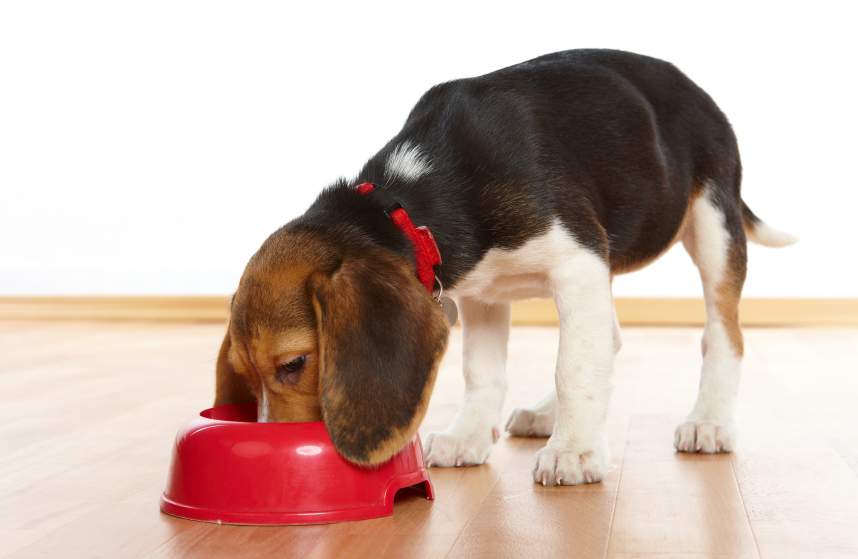Some of us willingly breed our dogs, and at other times, our dog might accidentally get pregnant. Regardless of the circumstances, it’s important to be well-prepared and equipped with the proper knowledge to provide the best care for newborn puppies. Caring for newborn puppies is a rewarding experience that comes with its own set of challenges. Ensure your new pups thrive with our essential tips for looking after newborn puppies.
Let's not mince words: Grooming your Havanese is not about vanity—it's about health, comfort, and the bond that grooming can forge between you and your dog. Too often, grooming advice tiptoes around the edges, offering vanilla tips that barely scratch the surface of what's required. I'm here to plunge into the nitty-gritty, to deliver a no-nonsense, step-by-step guide that's as much about technique as it is about the unique camaraderie it builds. We're talking about a breed that's as much a cloud of fur as it is a dog, and that mane is a commitment, an art form, and, yes, sometimes, a battle.
Welcoming a furry bundle of joy into your home is an experience that fills your heart with warmth and anticipation. From their wagging tails to their playful antics, puppies bring unmatched energy to your life. Amidst all the laughter and cuddles, you might encounter a puzzling behavior – excited puppy peeing. This unexpected act can leave you scratching your head and wondering about the reasons behind it. In this comprehensive guide, we'll embark on a journey to uncover the depths of excited puppy peeing, exploring its origins, potential remedies, and actionable advice to help you and your pup conquer this phase together.
Diarrhea is a common problem in puppies. It can be caused by a variety of factors, including viruses, bacteria, parasites, and food allergies. Most cases of diarrhea are mild and will resolve on their own with home treatment. However, if your puppy has severe diarrhea or is showing other signs of illness, such as lethargy or vomiting, you should take them to the vet.
Many people believe that putting a dog in a crate is cruel, but that’s certainly not the case. Believe it or not, a dog’s crate can become its den—a place where they feel safe and enjoy spending time. While a crate is a helpful tool for many owners, it is possible to use it improperly. As long as you don’t use the crate as a punishment or leave them in there too long, there’s nothing wrong with crating your pup. Consider these important reasons to crate-train your puppy.
Some puppies will eat anything and everything. They will gulp down dog food like there is no tomorrow. Other pups are finicky eaters. They fuss and play with their food. Most are more interested in what you are eating. Yet, whatever their taste in food and no matter how bizarre their eating habits are, all puppies require the same basic nutrition. It is up to you to create your Puppy’s Meal Plan. Feeding your puppy the right amount can help them grow and develop healthily! But with so many different ages of puppies to consider, you may be wondering exactly how much to give them.




